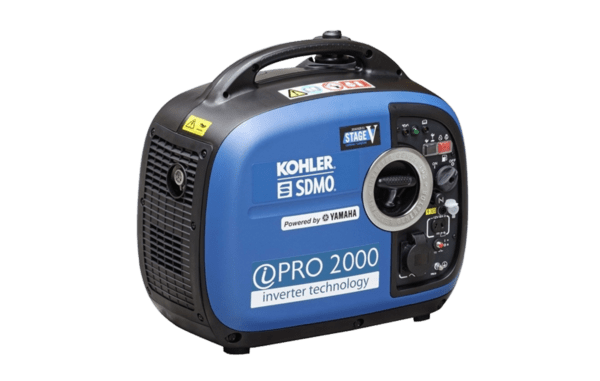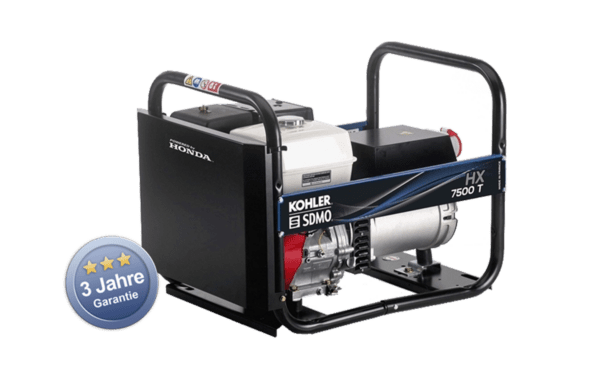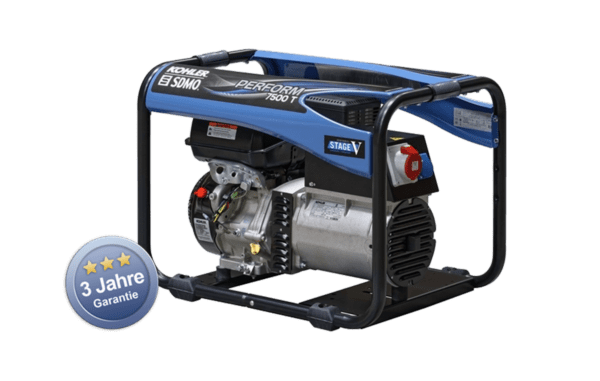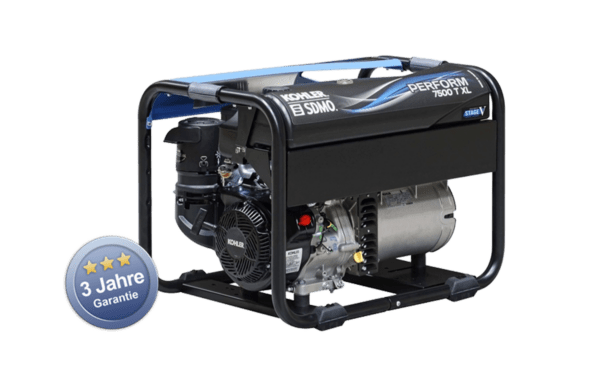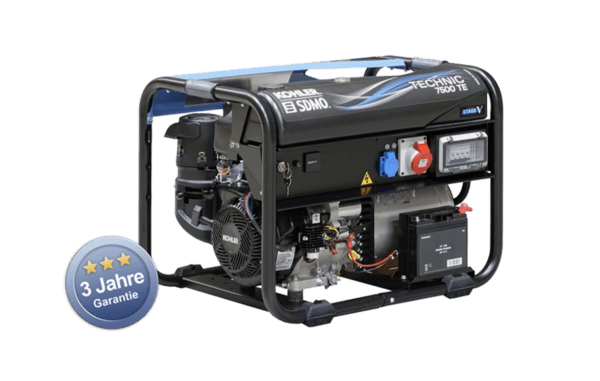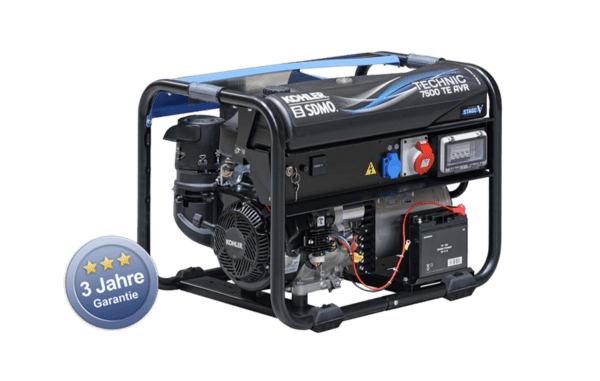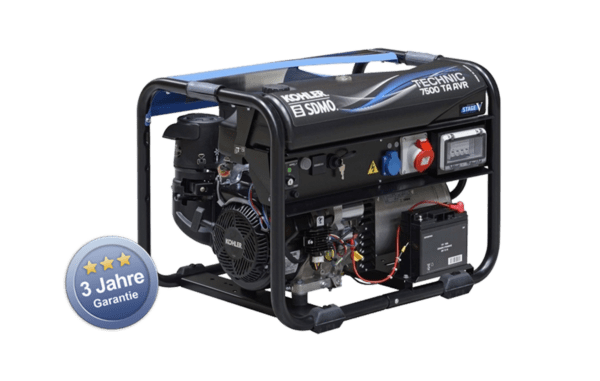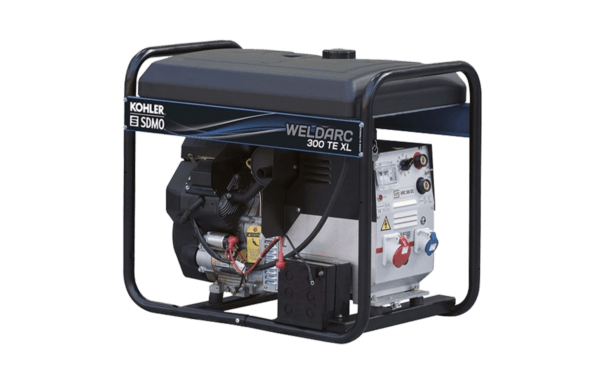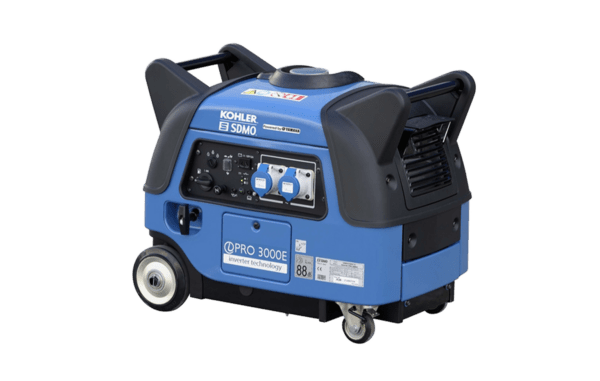What can I use a gasoline generator for?
Gasoline generators are useful in situations where there is no power supply available, such as outdoor activities, camping, construction sites, or in the event of a power outage. They can be used to operate electrical devices like lights, refrigerators, air conditioners, or tools - independent of the power grid.
How much power can a gasoline emergency generator produce?
The power output of a gasoline generator is measured in watts and can vary depending on the model and size. However, most gasoline generators can produce between 1,000 and 10,000 watts.
Which gasoline generator should I buy?
The choice of the right gasoline generator depends mainly on what you need the emergency power generator for and how often you'll use it. If you're camping and only require a refrigerator, a music system, and some lighting, a budget-friendly gasoline generator with 1500 watts should suffice. If cooking and operating a stove are also necessary, usually a minimum of 6000 watts is required. The duration of operation also plays a significant role in terms of fuel consumption.
How much gasoline does a gasoline generator consume?
The gasoline consumption of a generator depends on its size and the load it's producing. Generally, smaller generators with a capacity of 1,000 to 2,000 watts can consume around 0.5 to 1 liter of gasoline per hour at full load, while larger generators can consume up to 5 liters or more.
How long can a gasoline-powered generator run?
The runtime depends on the fuel tank capacity and gasoline consumption. Smaller generators can run for approximately 3-6 hours at full load, while larger generators can run for up to 12-24 hours. However, it's important to monitor the gasoline level regularly and turn off the generator when not needed to reduce fuel consumption.
Which emergency power generator for a single-family house?
For those who want to have an emergency power generator at home to secure against power outages, the purchase of a gasoline generator is usually recommended. Typically, for private use, generators with only a 230-volt connection are sufficient. It's also important to consider the runtime of the generators. If you only operate garden tools occasionally, a smaller compact unit with a small tank volume is usually enough. If multiple devices need to run continuously, a generator with a large tank is advisable.
Which backup power generator is better: diesel or gasoline?
- Gasoline generators operate more quietly than diesel generators. Additionally, they are both cheaper to purchase and operate than diesel-powered generators.
- Furthermore, gasoline generators often have the advantage of being compact yet sturdy. There are many devices that weigh under 30 kg, making them easily transportable by a single person.
- However, you should consider that gasoline is highly flammable and produces carbon monoxide, so it should only be operated in enclosed spaces with sufficient ventilation. If the backup power generator is intended to be permanently installed in the garage, basement, or another indoor space, a diesel generator is the better choice.
- Unlike diesel, gasoline also cannot be stored in unlimited quantities without permission.
Which gasoline for power generators?
For gasoline generators, "regular" gasoline can be used. However, it is recommended to use a special fuel that separates less quickly and has a longer shelf life. This fuel is usually more expensive than regular gasoline, but you'll need to refill it less often, as it can last for about two years.
